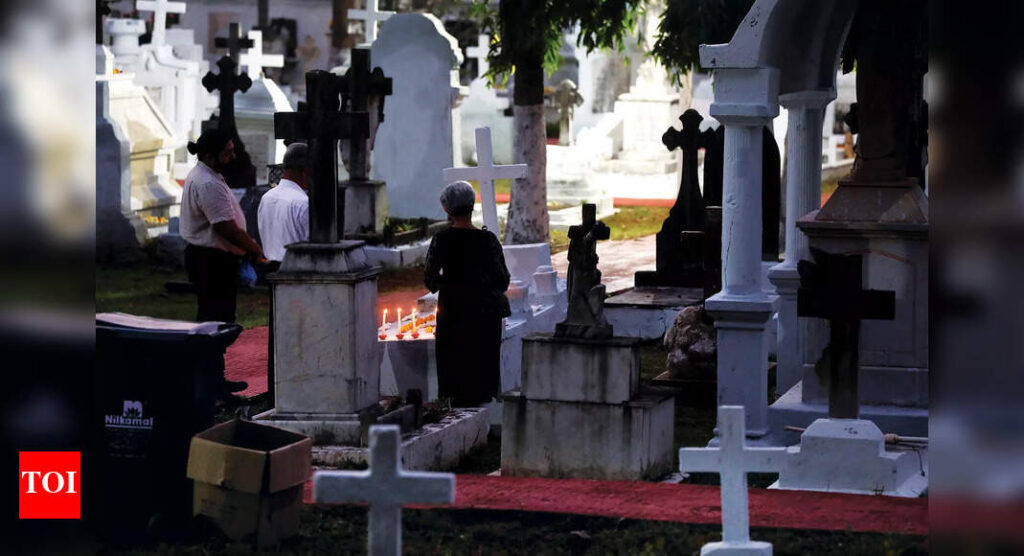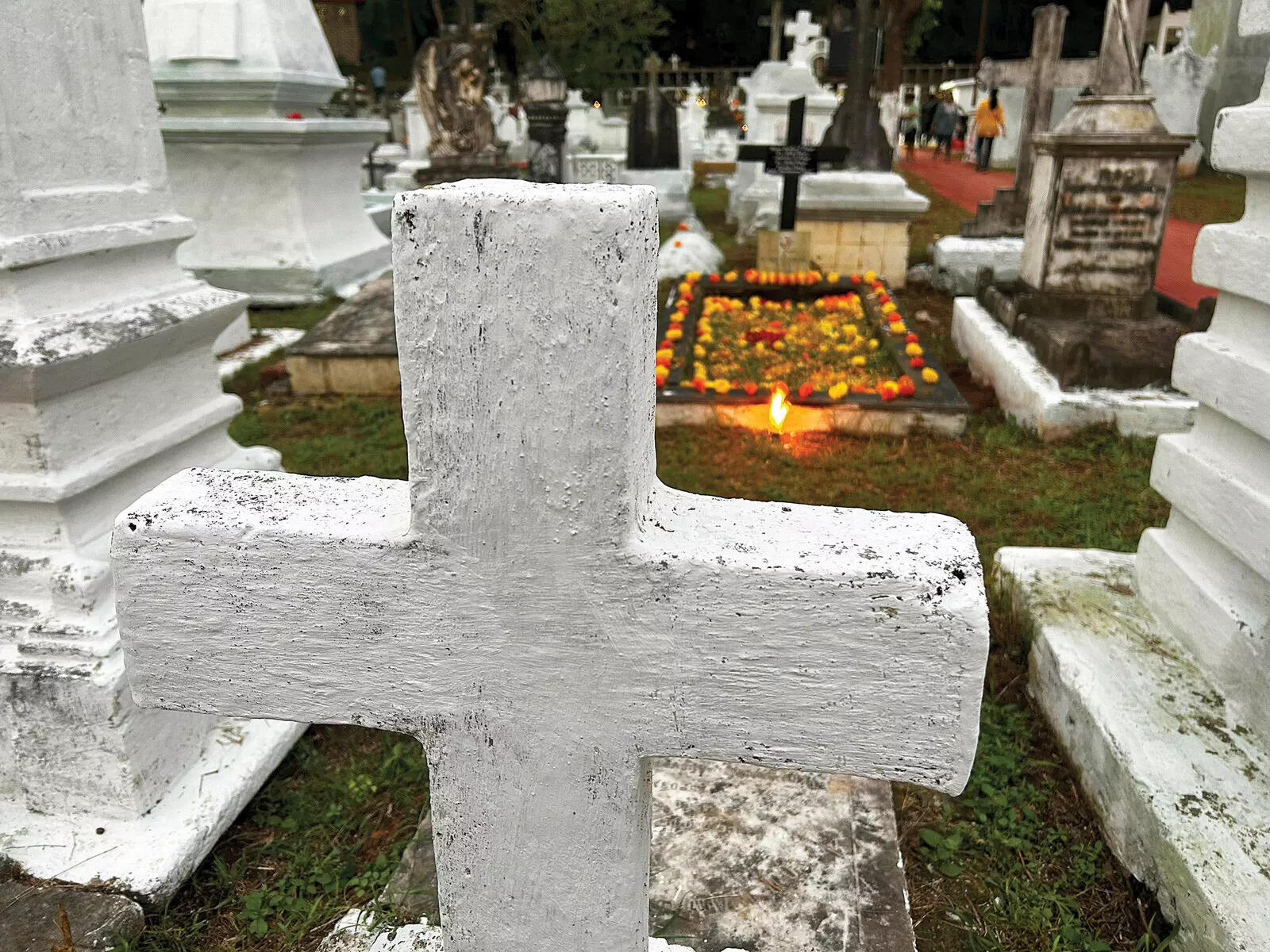In The Name Of The Donor | Goa News

Pensao, a deep-rooted Goan custom, involves inheritors offering Masses or doing social work so that the original owners of the properties find everlasting peace in heaven

When fate stopped smiling and its wealth was squandered, a prominent Margao-based family, “one of the richest since the early-19th century”, found life to be bleak.The family made a thorough study of all its properties and wrote to the Pope, supreme pontiff of the global Catholic Church, for advice on how to obtain remission for past omissions. Much was donated in charity, and Masses — a central act of worship in Catholic life — were also offered for the dead.Things improved.“This is a fact, not an old wives’ tale, although superstition does create needless fears in our society,” wrote Maria Aurora Couto, a Padma Shri recipient, in ‘Goa: A Daughter’s Story’, a book that examines the fundamental transformations in Goan society since 1510, when Afonso de Albuquerque conquered Goa.For many, the petition to the Pope and Masses for the dead might sound odd, but a glance at Church records brings to the fore deep-rooted Goan customs like pensao, where people, including priests, donated properties with the condition that Masses would be offered for their souls. Such legacies were also registered at the Archbishop’s House.

THE BEGINNING
“The origin of pensao lies in the years of conversion, when converts and Portuguese noblemen donated large tracts of land, money, and jewellery to churches or religious institutions with certain conditions, like Masses, which can also be converted into works of charity,” said Fr Mousinho de Ataide, professor of Latin for post-graduate students at the Seminary of Our Lady in Saligao.In 1759, the Portuguese government expelled the Jesuits, mostly in Salcete, and confiscated all their properties. All other religious orders were shown the door from Goa in 1835.“The confiscated land was put on auction and taken over by bidders,” said Ataide. “These properties had certain obligations like Masses or social work, and they kept passing into different hands over different generations. Many of these new owners had no religious convictions, and others who had them were not aware of these obligations.”

An expert on canon law, Ataide counted himself among those who did not believe that non-fulfillment of certain obligations due to ignorance could lead to ill-effects for the owners. “But I have witnessed families owning such properties being reduced to poverty or suffering from diseases, being destroyed. This experience is not just mine but of many others,” he said.Villages in Goa abound with stories of haunted houses and ‘pensavachem bhat’, where fruit from trees in a property that has a pensao are not plucked but left to rot.
ONE FOR THE SOUL
Across Goa, on All Souls’ Day (Nov 2), Catholics make their annual visit to cemeteries to pray for the souls of their departed. Many even offer Masses for the original owners of their properties, and pray that they find everlasting rest and peace in heaven.“Our family offers 11 Masses annually in the intention of Manoel Rebelo, who gifted this house to my great grandfather,” said Shastri Rodrigues Rebelo. “We are Rodrigues, originally from Carmona, and inherited this house (at Varca) with the condition that we take the Rebelo surname.”The family inherited their present house through matriarchal lineage in 1841. “We had priests in every generation who used to offer Masses, even dutifully note it down. My uncle (priest) took it forward and we continued. I don’t know about the next generation, whether they believe in this or not,” said Shastri, whose uncle, Fr Jose Maria Rodrigues Rebelo, ordained in 1968, was the last among the 10 family priests.Among Shastri’s personal collection is ‘Pensoes Administrados Pelos Cofres de Goa’ or administration of legacies in Goa, a book that details the number of Masses to be offered for each property across different villages, registered at the Archbishop’s House. Two other books—Bens Pensionados (legacy properties) and Legados Pios (pious legacies) by Canon Francisco Xavier Vaz—are available for reference in the state central library.“Pensao literally means a property with encumbrances, duties to be performed which are inalienably linked with ownership,” noted Couto. “Over the centuries, it has become a dread word, fraught with foreboding, signifying a curse because the duties have been neglected by descendants who are perhaps quite unaware of what is involved.”






